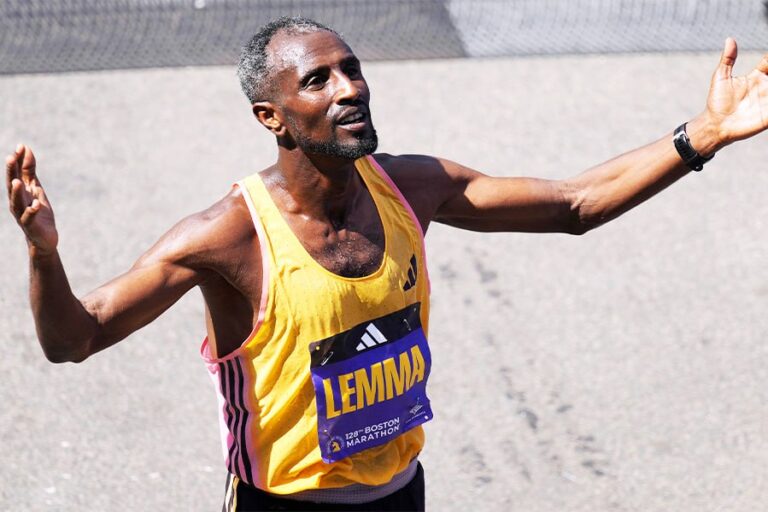The U.S. Naval Facilities Engineering Systems Command (NAVFAC) Europe Africa Central (EURAFCENT) has awarded a significant $25 million construction contract to five Djiboutian companies. This contract, part of the broader “Africa First” initiative, underscores the commitment of the United States to fostering economic growth and stability in Djibouti.
The contract, which commenced in early April, will enhance infrastructure at Camp Lemonnier and other Department of Defense installations within Djibouti.
“More than 21 years ago, the partnership between the United States and Djibouti at Camp Lemonnier began,” said U.S. Navy Capt. Eilis Cancel, commanding officer of Camp Lemonnier, an operational installation that supports U.S., allied and partner nation forces ensuring security and stability in the Horn of Africa.
“This enduring partnership underscores our shared regional security goals and positively contributes to the Djiboutian economy,” she said. “We welcome these new contracts as an opportunity to continue working closely with our Host Nation partners.”
Notably, the multiple-award construction contract (MACC) stipulates a five-year period of engagement with no extensions, ensuring a sustained influx of projects and financial investment in the local economy.
The contract was awarded under the so called “Africa First” legislation enacted by the U.S. Congress. The legislation, stemming from the National Defense Authorization Act, has played a pivotal role in ensuring that local firms are given priority in such contracts, fostering job creation and business growth within the community. Africa First gives the Department of Defense the ability to provide procurement preferences to qualifying local companies. Using the Africa First legislation and its implementing regulations, NAVFAC was able to limit competition to Djiboutian companies.
Paul Heavey, a NAVFAC EURAFCENT contracting officer, highlighted the efficiency of this approach: “MACC contracts enable the pre-qualification of contractors based on their performance, experience, capability, and safety. This approach not only streamlines the process but also saves both the command and the government valuable time and resources.”
The awarded companies include:
Prime Projects International, LLC
Cosmezz S.A.R.L.
Mapi Construction S.A.R.L.
SpendSmart Group, LLC
Tremco, LLC
These firms will undertake critical projects ranging from the renovation of facilities to the construction of new infrastructure, directly benefiting the economic landscape of Djibouti. The initial task awarded to Prime Projects involves upgrading water purification systems at Camp Lemonnier.
Capt. Rafael Miranda, commanding officer of NAVFAC Europe Africa Central, praised the local contracting teams for their exceptional work and the positive impact of such collaborations. “Echoing the success of previous contracts with Djiboutian companies, this MACC broadens their access to markets and encourages growth among local enterprises, providing direct benefits to the economy of Djibouti.”
Distributed by APO Group on behalf of U.S. Embassy in Djibouti.



